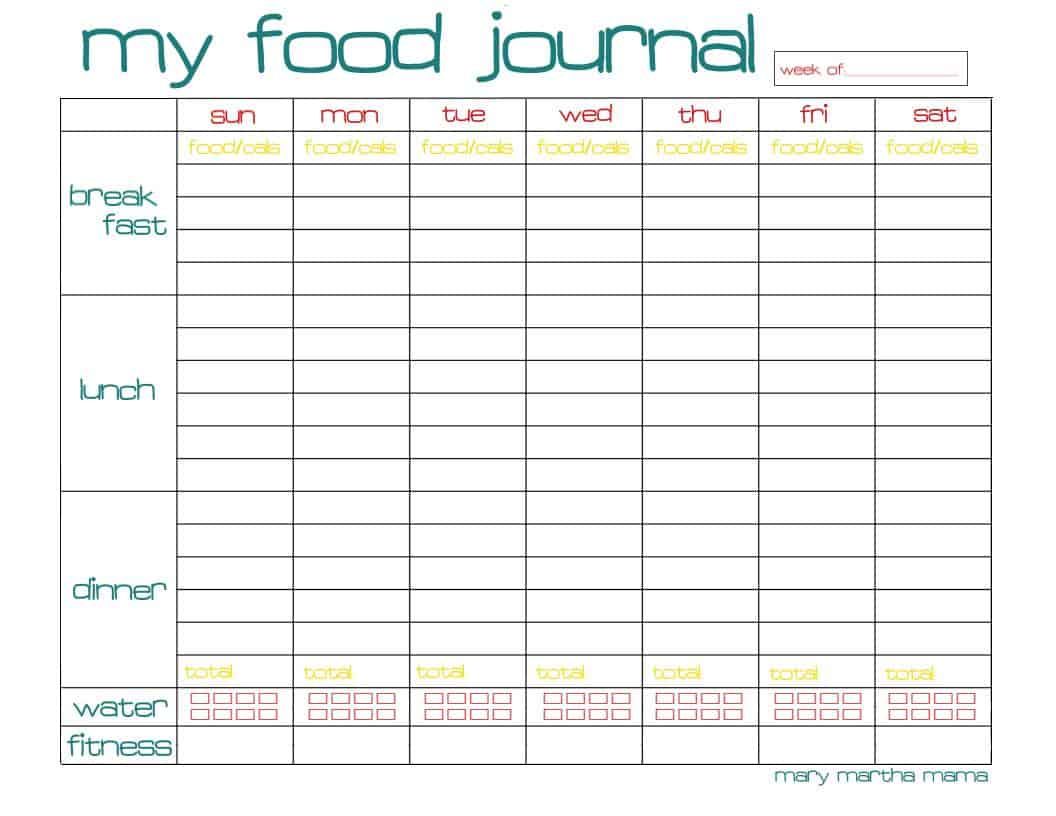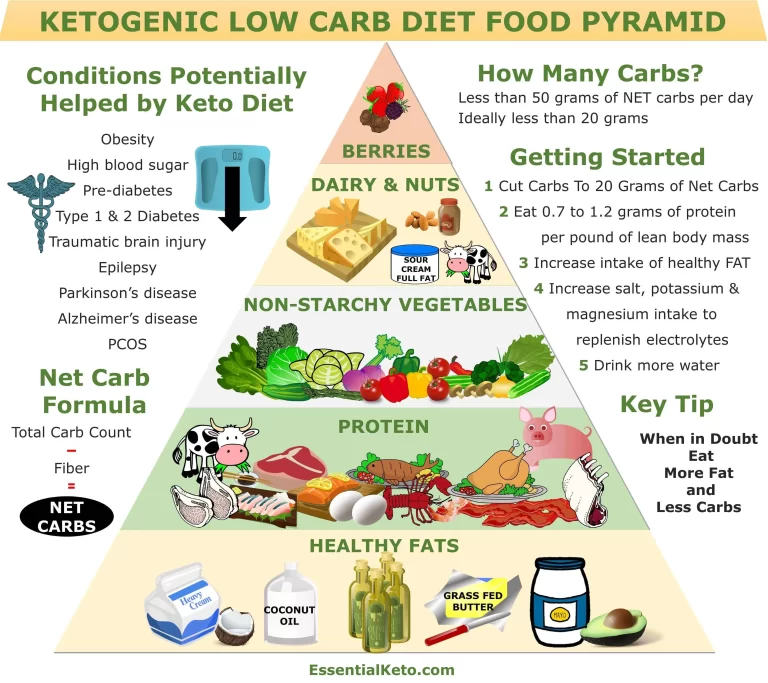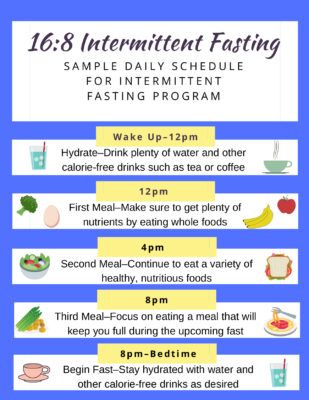You can” width=”474″ height=”366″>
A food journal is a powerful tool that can help individuals track their progress towards a healthier lifestyle. It serves as a personal record of what you eat, making you more conscious of your food choices and helping you identify areas of improvement. In this article, we will explore the importance of food journals and how they can positively impact your health journey.
Benefits of Food Journals
Food journals offer numerous benefits that contribute to overall health and wellbeing. Here are some of the key advantages:
1. Increases Awareness
Tracking your food intake in a journal promotes mindful eating and helps you become more conscious of your nutritional habits. By writing down everything you eat and drink, you become more aware of portion sizes, food quality, and the impact of your choices on your overall health. This increased awareness can lead to more informed decisions and better control over your diet.
2. Identifies Patterns and Triggers
A food journal allows you to recognize patterns in your eating habits and pinpoint potential triggers for overeating or unhealthy choices. You may notice that you tend to snack more when stressed or that you often reach for sugary foods in the afternoon. Identifying these patterns can help you develop strategies to avoid or manage them, leading to healthier habits in the long run.
3. Enables Personalized Nutritional Planning
Keeping a food journal provides you with a clear picture of your nutritional intake. It allows you to assess whether you’re consuming enough essential nutrients, such as vitamins, minerals, and fiber. With this knowledge, you can make targeted adjustments to your diet, ensuring you meet your specific dietary needs and goals.
How to Start a Food Journal
Beginning a food journal is simple, and there are many approaches to choose from. Here are some steps to get started:
1. Select Your Format
You can choose a physical journal, a mobile app, or even an online tool to record your food intake. Select a format that you find convenient and easy to use consistently. Ensure it allows you to input details like the meal or snack, portion sizes, ingredients, and any relevant notes.
2. Set Goals
Before you begin your food journaling journey, set clear and realistic goals for yourself. Whether it’s weight loss, mindful eating, or identifying trigger foods, having specific objectives will help you stay motivated and focused.
3. Stay Consistent
The key to benefiting from a food journal is consistency. Make it a habit to record everything you eat and drink throughout the day, including snacks, beverages, and even condiments. The more consistent you are, the more accurate and useful your food journal will be.
4. Review and Reflect
Regularly review your food journal entries to identify patterns, successes, and areas for improvement. Reflect on how certain foods or eating behaviors make you feel physically and emotionally. This self-reflection will help you make informed decisions about your diet and track your progress more effectively.
Tips for Maintaining a Food Journal
To make the most of your food journaling experience, consider the following tips:
1. Be Honest
Remember, your food journal is for personal use. Be honest with yourself and record everything accurately, including portion sizes and indulgences. This honesty will provide you with a realistic overview of your eating habits and help you make meaningful changes.
2. Include Emotional and External Factors
Take note of emotional or external factors that influence your eating. Did you have a stressful day at work, or were you celebrating a special occasion? These additional details will help you identify triggers and emotional associations with food choices.
3. Celebrate Successes
Use your food journal to celebrate successes and milestones. Did you make a healthy choice when dining out, or did you reach your daily water intake goal? Acknowledging and celebrating small victories will keep you motivated and encouraged on your health journey.
4. Seek Professional Guidance
If you have specific dietary goals or concerns, consider consulting a nutritionist or dietitian. They can provide expert guidance and help you interpret the information in your food journal accurately.
Conclusion
A food journal is a valuable tool that empowers you to take control of your health journey. By tracking your progress and identifying patterns and triggers, you can make informed decisions to improve your overall well-being. Remember to start small, stay consistent, and seek professional support whenever necessary. Embrace the power of food journaling and enjoy the benefits it brings to your life.









